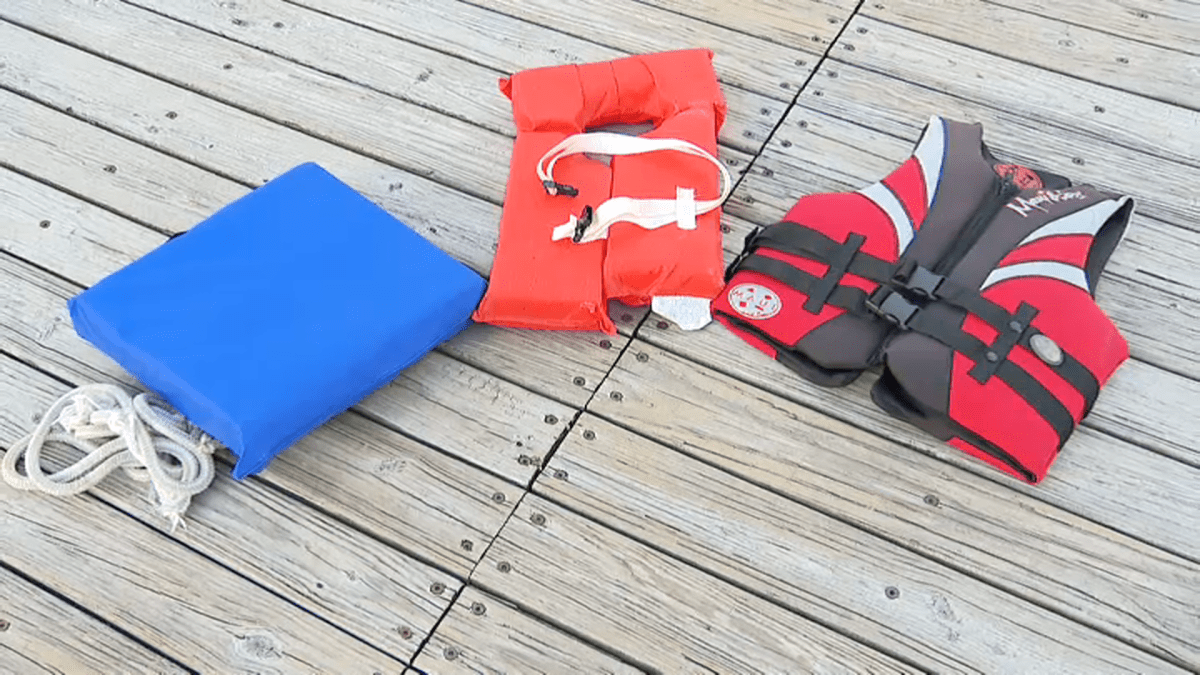Boaters on Lake Michigan in Chicago would be required to wear life jackets under a new proposal, and if they don’t, could face a hefty fine.
Ald. Stephanie Coleman, of the city’s 16th Ward, proposed an ordinance in response to the drowning of Zahrie Walls, a stylist on Chicago’s West Side, in late June. Under the ordinance, all boaters on the lake and waterways in Chicago would be required to wear a personal flotation device, or operators could face a fine of up to $500.
“If you do not have swimming experience then you have to agree to wearing a floatation device aka a life vest while on board…” she said.
Coleman pointed to lives that were saved the weekend of Zahrie’s death because they were wearing life jackets, adding that enforcement would require a partnership between police, the fire department and the U.S. Coast Guard.
“Boating life in Chicago has grown,” she said. “There is a need for more marshals. Officers and other public safety partners, so that a Zahrie Walls accident won’t occur again.”
Chicago Harbor Safety Committee President Mike McElroy, president of the Chicago Harbor Safety Committee, said it would be very difficult to enforce such a law without significantly strengthening the current force.
“Are there enough search and rescue to be able to respond to the number of calls that are happening?” And there simply is not,” he stated.
David Linnear, a marine captain who’s been an independent contractor out of Burnham Harbor, showed NBC Chicago three different types of life preservers boaters can use.
“I am all in favor of anything that brings about safety. How do you make sure that the person is using the proper type of life preserver?” he said.
Illinois law requires that life vests be available for each person onboard, but only those under 13 years old must wear the devices.
“How do we educate the people, passengers getting on the boat, the boat owners, the charter companies, all these people on this new law?” Linnear said. “Because a lot of the enforcement would come from the fact that people don’t even know about it.”
Some boaters are skeptical of the ordinance, which has been pushed to the transportation committee.
“Enforcing it and ticketing people who may have been boating 30 years and never had an incident and to force them to put on a vest and then a $500 fine, boating is expensive enough,” said Matthew Taylor, a boat captain. “So I don’t think that’s fair, but I understand the reasoning and logic behind it.”
Coleman’s goal is for the ordinance to be approved by September.
